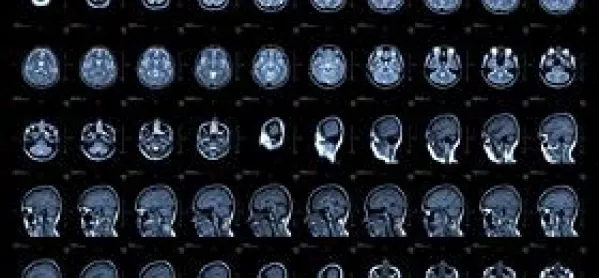Teachers should question the validity of “neuro-myths” and not waste scarce resources on empty promises, a leading neuroscientist has told school leaders.
When considering new methods of teaching or training, schools should “look at the data, not at the promises”, said Sergio Della Sala, professor of human cognitive neuroscience at the University of Edinburgh.
Professor Della Sala said that too many schools wasted their time and money on supposedly scientifically proven developments without examining evidence that they actually work. Schools should demand a reputable scientific study which had been peer-reviewed, he said.
“It is easy for a scientist like me to say `evidence’ and `data’. But then we have to apply this to everyday life in the classroom. What you should avoid is listening to people telling you what to do,” Professor Della Sala told his audience in Edinburgh last week.
It was widely assumed, for example, that some people were “verbalisers” and others “visualisers” when it came to how they learned, he told the annual conference of the Scottish Centre for Studies in School Administration. “There is no such thing,” he said. Money spent on establishing which category a child fell into had been shown to be “a wasteful use of limited resources”.
The Irlen method, in which children with reading difficulties are given coloured glasses to help with their reading, could also be found in use in many schools, despite no scientific evidence proving the effectiveness of the method, he said.
Research had now shown that there was no difference in the reading improvement of children using the glasses compared with those using transparent glasses, he said. “Yet those kids are wearing glasses in virtually every school in Scotland - there are little Elton Johns everywhere. Why do we ask people to wear them if they have no effect?”
Professor Della Sala told the audience that he had seen an England-based provider of reflexology in schools on a website listing continuing professional development services and that one local authority in England had planned to spend pound;90,000 on this service. When he asked for data to back the provider’s claims, he was told that no data were available but that research was planned into the effectiveness of the service and assured that the provision “did not do any harm”.
“I disagree,” Professor Della Sala said. “Give me that money and I will buy thousands of computers for the school.” Testing something once it is in use is “not science” and yet “an awful lot of money” is spent on these methods, he added.
Neuro-myths were in part caused by “the idea that everyone should know everything”, which leads to “hypersimplistic statements,” he said. “Make sure whatever we do is built up by some form of evidence.”
julia.belgutay@tess.co.uk.
Photo credit: Alamy




